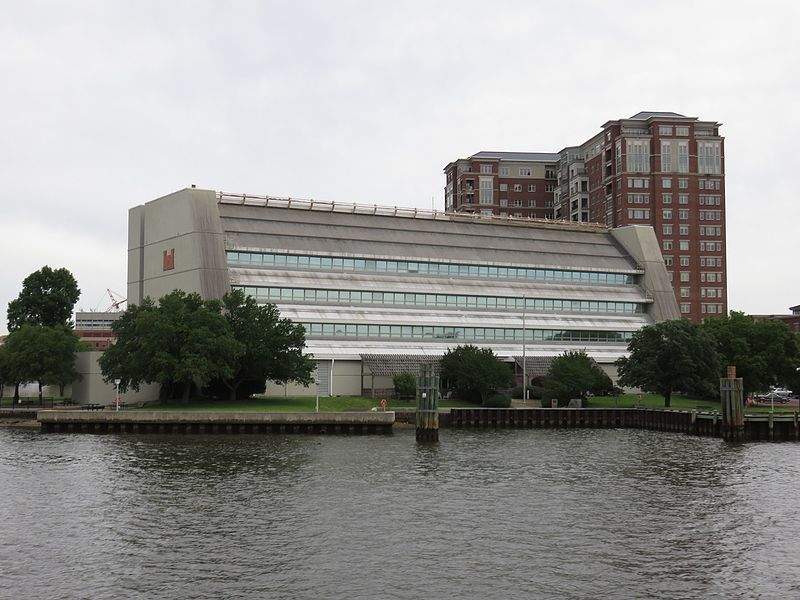The $5bn Atlantic Coast Pipeline (ACP) project has hit a roadblock with the US Army Corps of Engineers suspending key permits pertaining to its construction.

Image: Army Corps suspends NWP 12 issued to Atlantic Coast Pipeline. Photo: courtesy of Antony-22/Wikipedia.org.
The suspension order of the earlier issued Nationwide Permit 12 (NWP 12) from the federal agency prevents developers of the Atlantic Coast Pipeline project from moving ahead with any work on stream or wetland crossings along its route.
Jointly developed by Dominion Energy, Duke Energy, Piedmont Natural Gas and Southern Company Gas, the Atlantic Coast Pipeline project will be a 965km long interstate natural gas pipeline.
The underground natural gas transmission pipeline has been designed to deliver new supplies of natural gas sourced from West Virginia to Virginia and North Carolina.
Sierra Club claimed that requests filed by Appalachian Mountain Advocates on behalf of it and other environmental organizations like West Virginia Rivers Coalition, West Virginia Highlands Conservancy and Appalachian Voices have led to the suspension of NWP 12.
Sierra Club Beyond Dirty Fuels Campaign director Kelly Martin said: “If the polluting corporations behind the ACP ever thought this would be easy, they know better now.
“There is no right way to build this dirty, dangerous pipeline and we won’t stop fighting it until construction is permanently halted.”
As per its plan, the Atlantic Coast Pipeline is to start in West Virginia, run through Virginia with a lateral extending to Chesapeake and then stretch southwards into eastern North Carolina before ending in Robeson County.
Last month, the natural gas pipeline was given a final state approval it needed to start pipeline construction in Virginia. The approval, which was given by the Virginia Department of Environmental Quality (DEQ) is for the erosion and sediment control, stormwater, management, and karst protection plans of the project.
Atlantic Coast Pipeline is due to get a Notice to Proceed from the Federal Energy Regulatory Commission (FERC) to carry out the full construction in Virginia. The natural gas pipeline, which began construction in May 2018, is scheduled to be completed by the end of 2019.
Dominion Energy, which has volunteered to stop the project until issues pertaining to it are resolved before the court, said that the targeted commissioning of the pipeline is unlikely to be affected.
